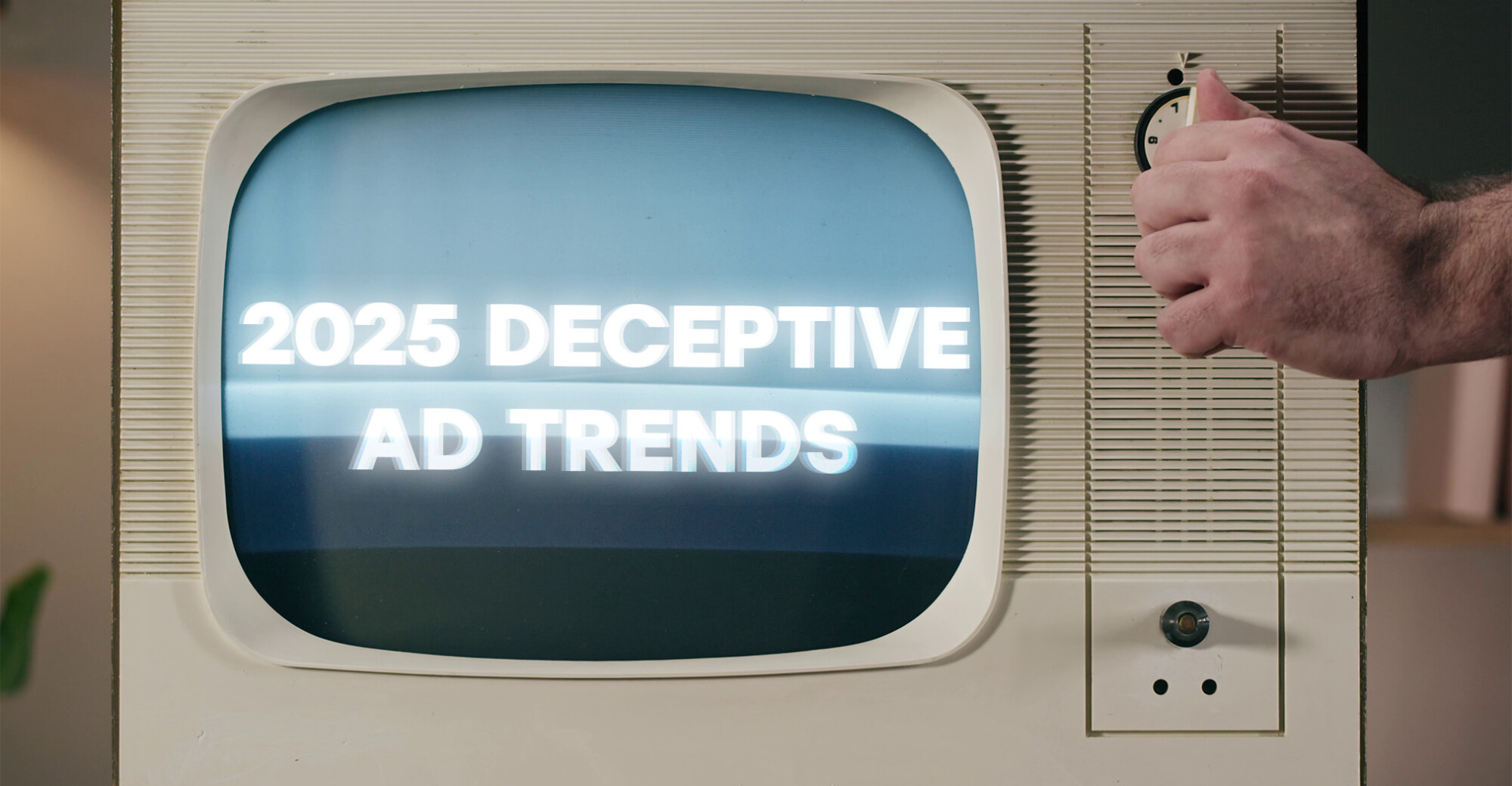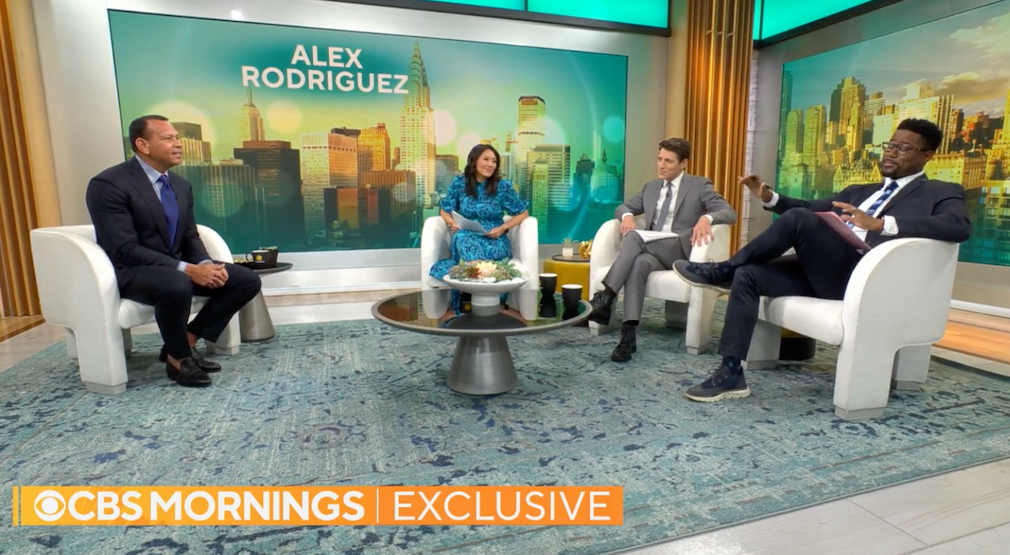
What You Should Know about LED Face Masks
TINA.org explores the divide between the marketing and the science.
Marketers that mislead consumers using fake reviews may want to think twice from now on.
Today, the FTC announced a rule that prohibits companies from disseminating fake reviews when they knew or should have known that the reviews were fake. It also bans businesses from providing compensation or other incentives in exchange for positive or negative reviews.
“Fake reviews not only waste people’s time and money, but also pollute the marketplace and divert business away from honest competitors,” FTC Chair Lina Khan said in a press release.
By strengthening the FTC’s toolkit to fight deceptive advertising, the final rule will protect Americans from getting cheated, put businesses that unlawfully game the system on notice, and promote markets that are fair, honest, and competitive.
The rule, which was approved by a unanimous 5-0 vote, provides a broad definition for a fake review, from a review that misrepresents that it was written by someone who does not exist, such as an AI-generated review, to a review that misrepresents the experience of the person giving the review. Reviews include customer and celebrity testimonials.
The rule will allow the FTC to seek civil penalties of up to $51,744 per violation, which was just one of the reasons TINA.org filed a comment last September supporting the FTC’s proposed rule. TINA.org’s comment, which also offered suggestions on how to improve the proposed rule, is cited throughout the text of the rule.
This is a developing story. Check back for updates.
Find more of our coverage on fake reviews here.
TINA.org explores the divide between the marketing and the science.
A closer look at what we’ll be monitoring in the new year.
News ‘exclusive’ or orchestrated corporate promotion?


